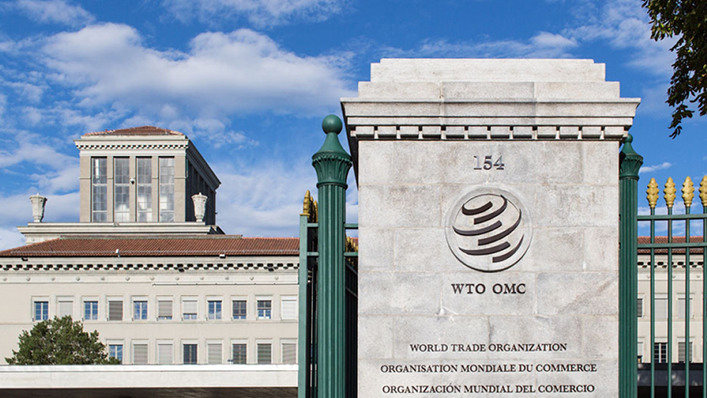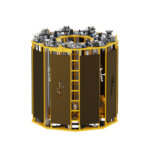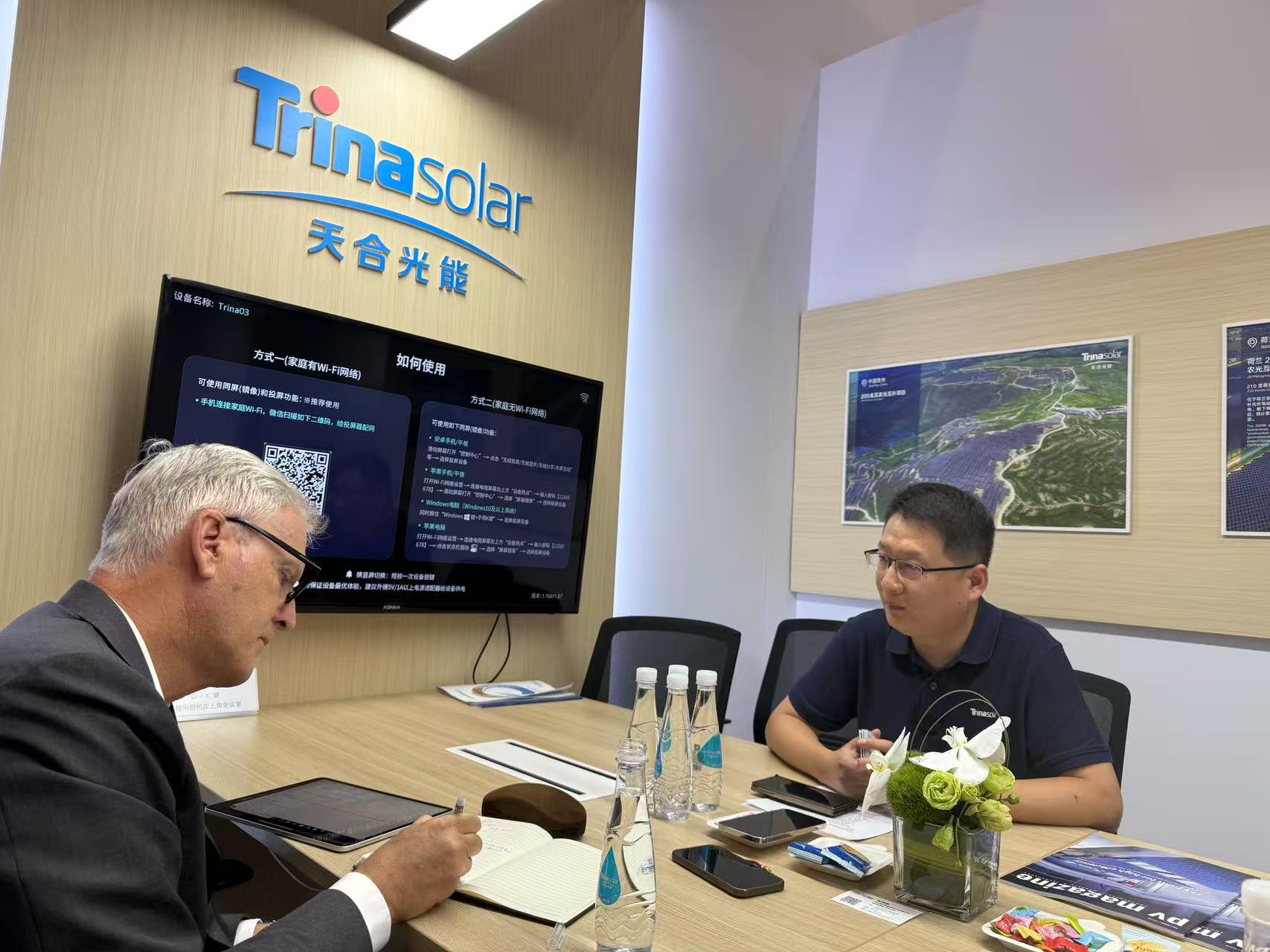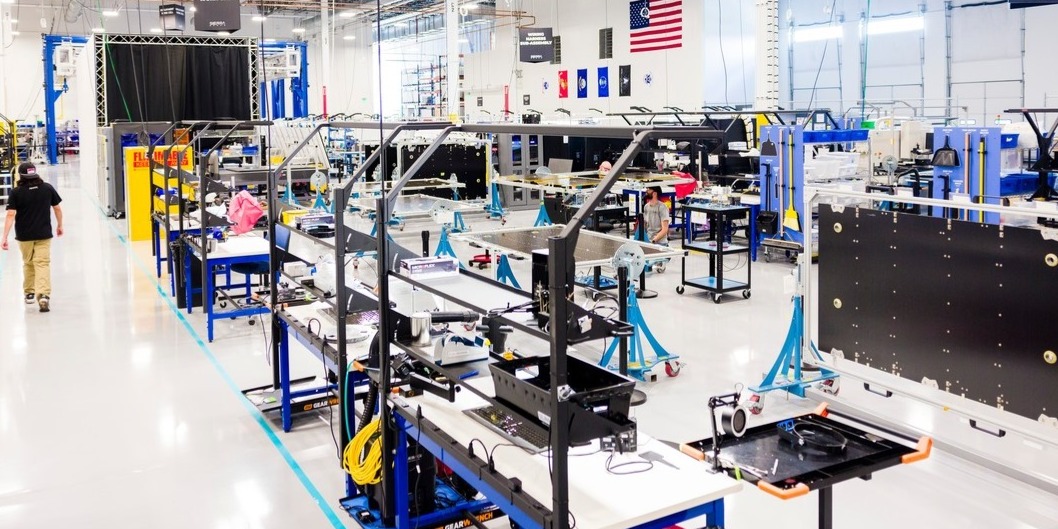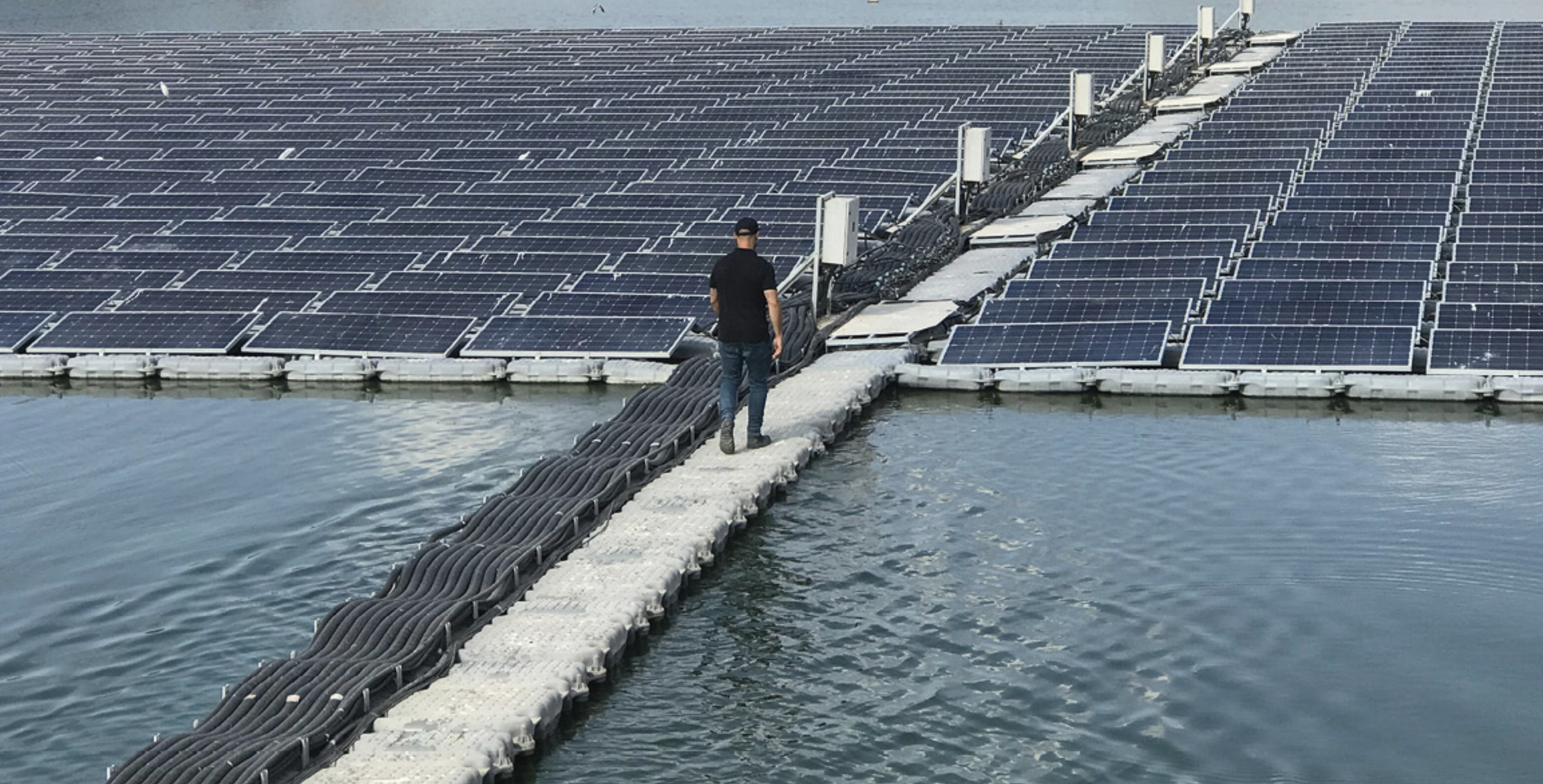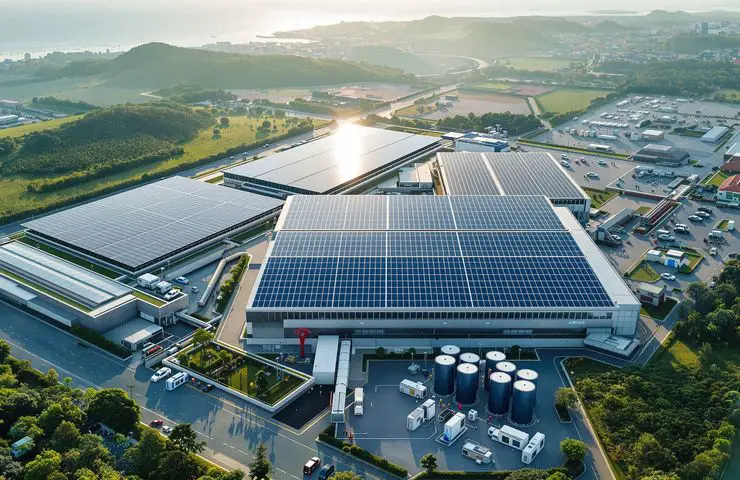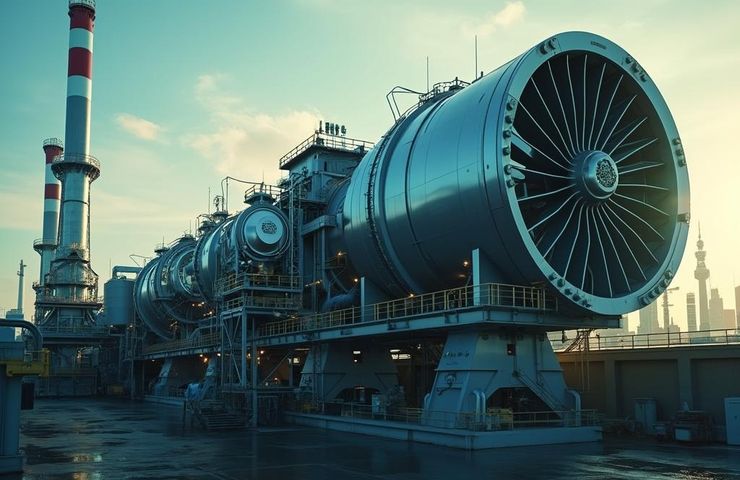Toyota Deploys Hydrogen Fuel Cell Trucks in Europe for Zero-Emission Logistics
Toyota rolls out hydrogen fuel cell trucks for parts logistics across Europe—zero emissions, real-world trials, and a push for industrial decarbonization.
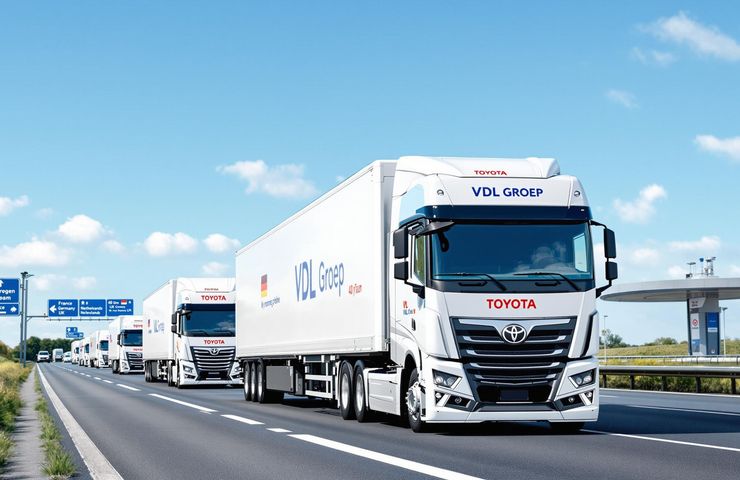

Toyota Motor Europe has kicked off a major step toward cleaner logistics, rolling out its first fleet of hydrogen fuel cell trucks across key routes in Europe. This new fleet wil move car parts from Toyota’s central hub in Diest, Belgium, to distribution centers in France, Germany, the Netherlands, and the UK. It’s a real-world shift toward zero-emission technology—not just another concept on paper.
What You Should Know
- These aren’t prototypes—they’re full 40-ton rigs powered by Toyota’s third-generation fuel cell technology. They run like diesels but only spit out water vapor.
- Built in partnership with the Dutch firm VDL Groep, the trucks clock in around 250 miles per fill-up. And the best part? That fill-up only takes a few minutes.
- Some logistics heavyweights are already behind the wheel, including Vos Transport Group, CEVA Logistics, Groupe CAT, and Yusen Logistics.
- The rollout aligns with the EU’s Alternative Fuel Infrastructure Regulation (AFIR), giving a nudge to Europe’s growing hydrogen economy.
What’s Under the Hood
These trucks aren’t just swapping out engines—they’re running on Toyota’s newest fuel cell stack. That means multiple hydrogen modules working together to power the electric motor with zero tailpipe emissions. You still get torque and drive power without the diesel rumble or pollution.
One of hydrogen’s big wins? Refueling is quick. No long charging sessions—just fuel up in minutes and get back on the road. Plus, Toyota and partners are building refueling stations along Europe’s busiest freight routes to keep things moving smoothly.
More Than a Test Drive
This rollout isn’t just for show. It’s a full-scale logistics pilot in daily operation, which means it’s collecting real data, making real deliveries, and creating real demand for hydrogen infrastructure. Why does that matter?
- Toyota’s aiming to hit carbon neutrality by 2040 in Europe, and cutting logistics emissions is key to getting there.
- This project builds on the deep partnerships Toyota already has with VDL and its logistics collaborators—teamwork that’s helping Europe pivot toward clean transport.
- If this goes well, it could shake up how the whole sector thinks about sustainable trucking—and speed up investments where it counts.
Why Diest?
The rollout starts from Diest, a Belgian city with a long industrial history and serious transport chops. Every day, Toyota’s European Parts Centre there handles over half a million car parts. Now, the new hydrogen trucks are running those parts to hubs in Lille (France), Cologne (Germany), Rotterdam and Weesp (Netherlands)—key stops in Europe’s logistics superhighway.
The Bigger Picture
Heavy trucks have always been a tough nut to crack when it comes to industrial decarbonization. Batteries have their limits—long charge times, weight issues, and range being top culprits. That’s where hydrogen steps in. Toyota’s showing it has what it takes to handle long-haul logistics cleanly and efficiently.
And we’re not just talking tailpipe emissions. Quieter trucks mean better urban delivery experiences, drivers get smoother rides, and there’s a ripple effect—think more jobs in the hydrogen space, from fuel cell technology to infrastructure development. That said, real growth depends on scaling up hydrogen infrastructure fast—and making sure the hydrogen produced is green, not grey.
The Bottom Line
Toyota’s hydrogen truck fleet is already on the road, proving tech and infrastructure aren’t just “almost ready”—they’re ready now. With big logistics names backing the effort and daily deliveries happening right now, this isn’t theoretical anymore. It’s a solid sign that hydrogen fuel cells could play a starring role in the future of European freight. If this rollout keeps ticking boxes, the question won’t be if hydrogen trucks can go mainstream—but how soon.
What's Your Reaction?










